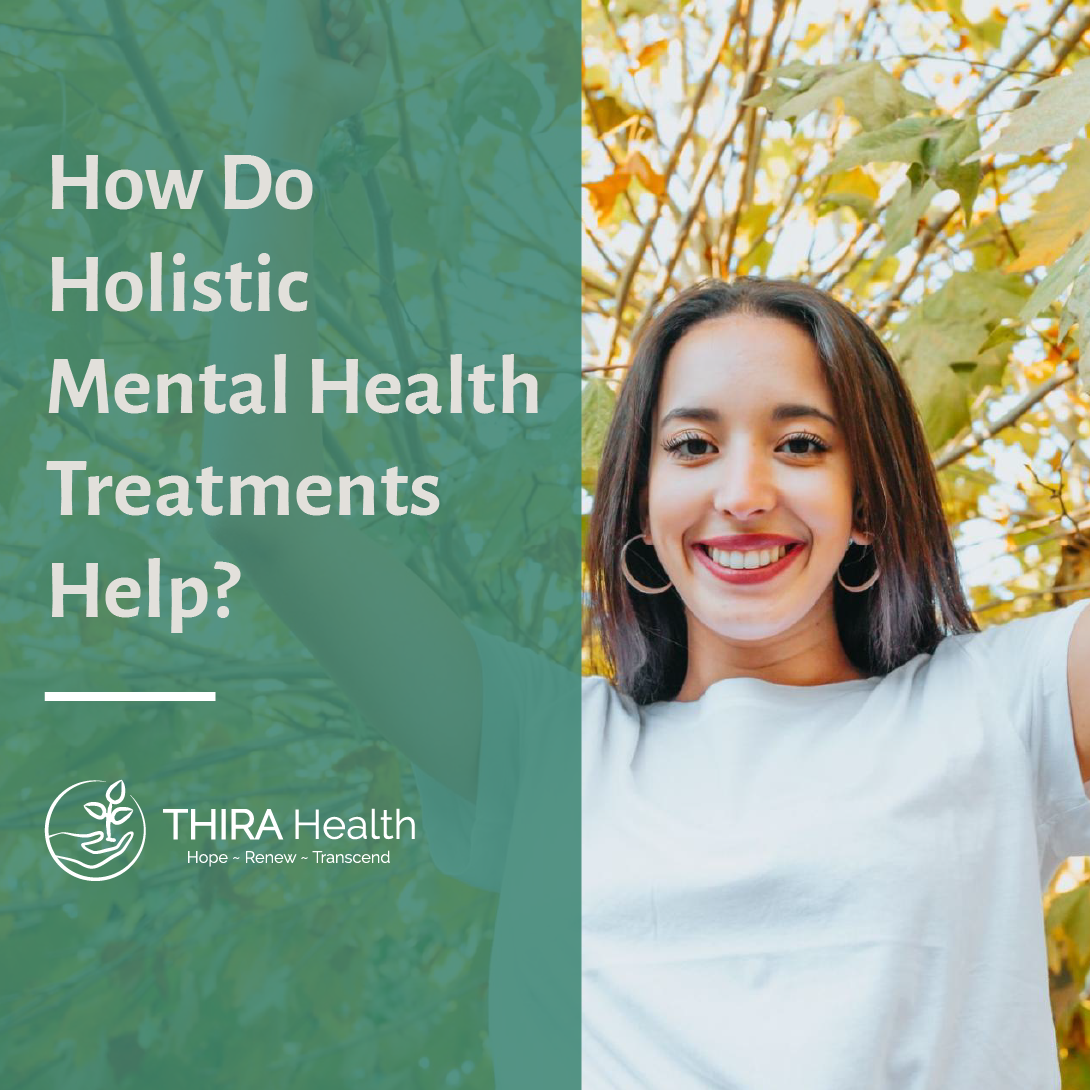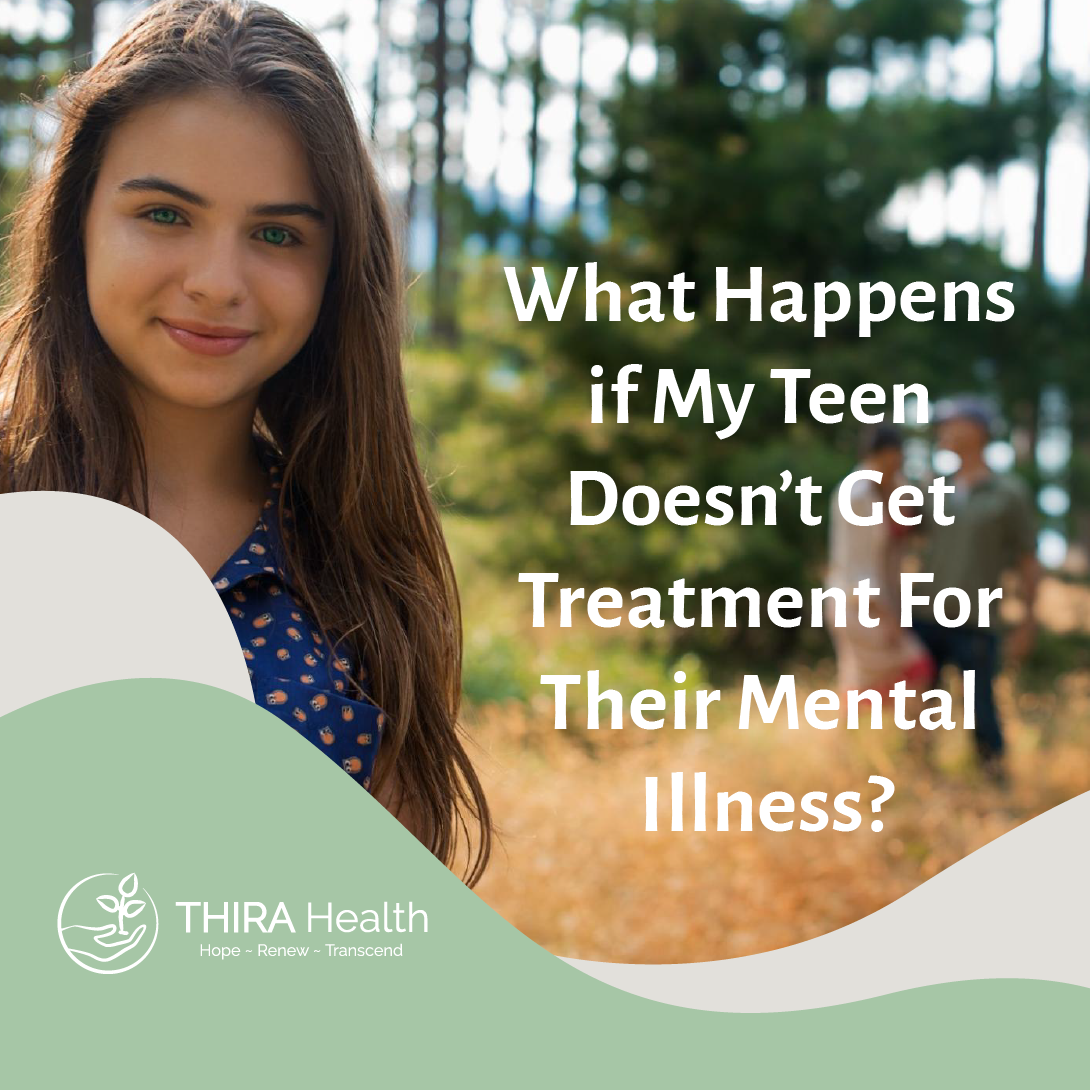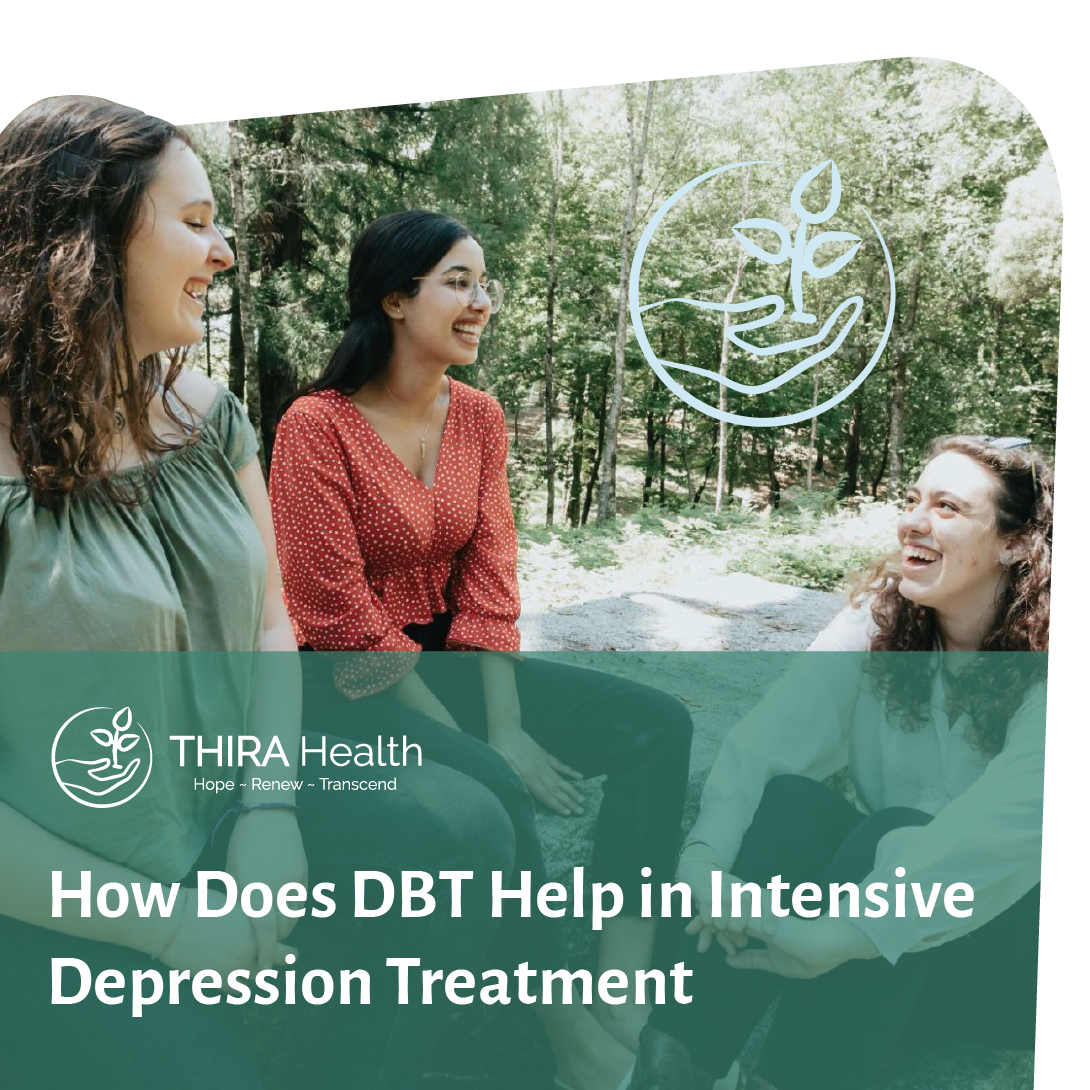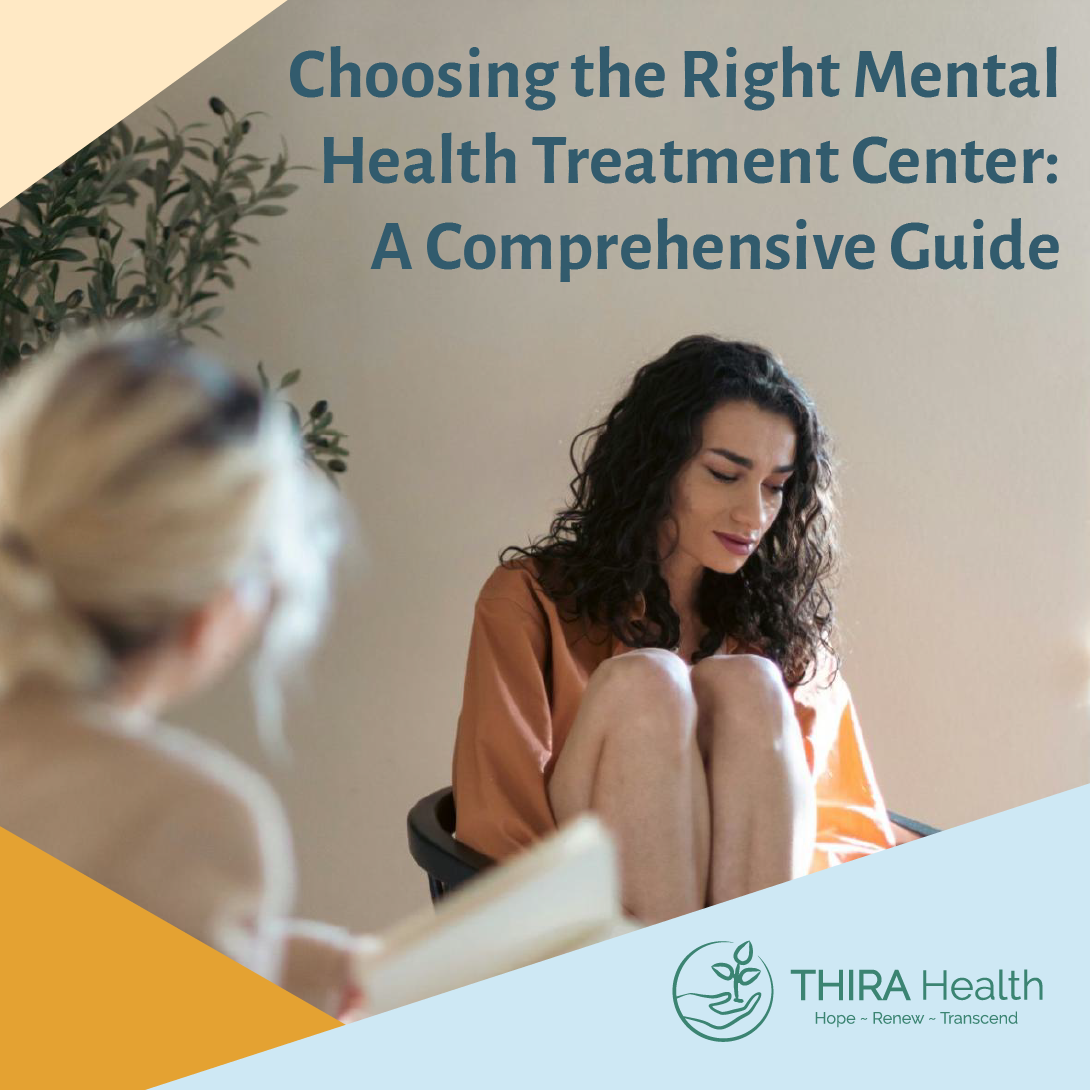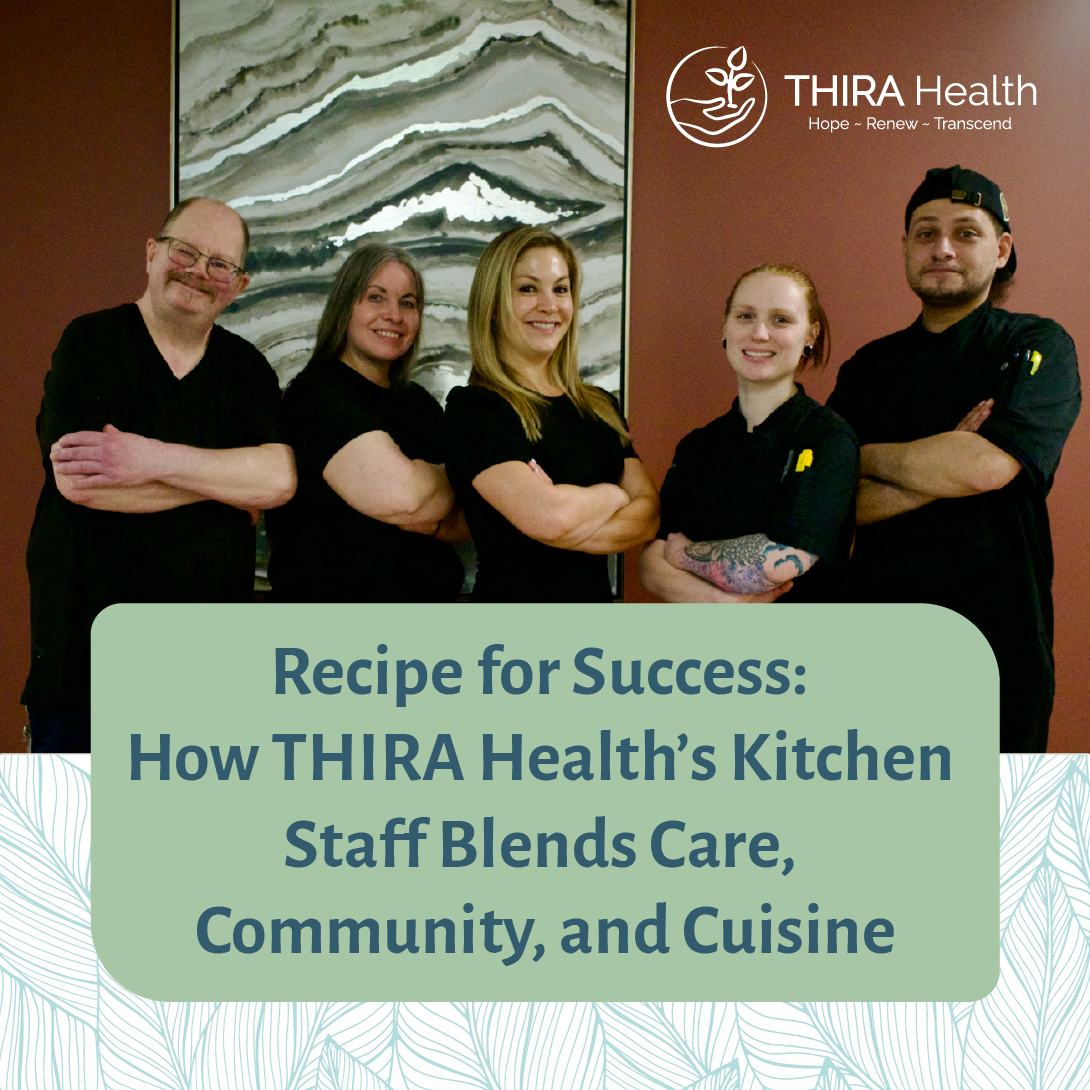Recovering from an eating disorder takes a lot of strength, resilience and re-learning how to love your body and fuel it in the way it needs. At times, this process can seem overwhelming and cue your decidedly unhelpful, previous means of coping, especially when the topic of your “fear food” comes up. If this sounds familiar to your own journey with eating disorder recovery you are not alone. It is estimated that about 9% of the U.S population, or about 30 million people, are diagnosed with an eating disorder. In a society that is obsessed with weight, looks and diet culture, it is easy to get lost in misinformation and fall victim to disordered eating.

Often it is easier to have support and accountability in recovery with the help of professionals. If you think you could benefit from mental health counseling and navigating eating disorder recovery, reach out today to see how we have helped thousands of girls and women and how we can help you.
Fear Foods
Disordered eating can cause people to have distorted or exaggerated perceptions of food, digestion, nutrition and dietary habits. If you’re unfamiliar with the term, the idea of fear foods references specific food items that cause anxiety and guilt upon consumption. These foods may be ones that are often thought of as “unhealthy,” but they aren’t always”. Though it is helpful to be knowledgeable on your food’s nutritional value and content, the ritual of eating is about so much more than counting macros.
Some examples of common fear foods include pasta, chocolate, dairy and foods high in fat. However, all these foods have important nutrients that your body needs and can be a meaningful part of culture and shared meals. Many individuals may cast judgement on their food choices, and in turn feel better about themselves when they only eat what they perceive to be “good” foods, and feel guilt or shame when eating foods they perceive to be “bad.”
When foods become “bad,” forbidden, or feared, they tend to create equally intense feelings of deprivation that can lead to binge eating. In this way, marking some foods as “off limits” is directly contributing to the cyclical nature of the eating disorder.
While there is more to food than the nutrients it contains, understanding how food works to fuel your body can debunk some common food/diet culture misconceptions and give a more holistic perspective of nutrition. Let’s break down the contents of some of the common fear foods listed above.
Chocolate

Sweet tooths, rejoice! Although chocolate (and the sugar it contains) is a common fear food for many individuals living with an eating disorder, our bodies rely on sugar for short-term energy. Often, sugar is the quickest and most reliable source of short-term energy requested by cells in the form of cravings. The body is incredible in its ability to ask for what it needs, and building trust in one’s appetites and body knowledge is an important part of eating disorder recovery. Regular chocolate or sugar cravings may be an indicator suggesting irregular eating or insufficient eating. These are important messages from the body to take note of and not to fear or judge.
Choosing to have chocolate and enjoying the experience of the “food of the Gods” that’s melt-in-your-mouth good is not something to fear, but something to enjoy!
Dairy
Dairy is often associated with fats and bloating, which is why it is a common fear food for many people living with an eating disorder. However, due to its high calcium content, dairy foods are recommended to be incorporated into people’s daily diet. Calcium is critical for bone strength and health, and is often recommended to manage nutritional needs of eating disorder patients.

Pasta
Pasta is often a fear food because carbohydrates have become villainized by diets and in the media. Carbohydrates are important to keep us full and fueled with energy. Carbohydrates are our body’s primary and preferred source of fuel–in fact, our brain can ONLY use carbohydrates to function correctly! Our muscles and liver also need carbohydrates to work.
Fueling Your Body
By understanding how your body processes food you can develop a deeper understanding of why it’s important to eat foods that might feel scary. Your body is a system that works 24/7 and it needs energy to do so. This energy comes from food.
Road to Recovery
It is important to remember: healing is not linear. Progress does not happen overnight. It may take time, a few setbacks, and a full helping of support to heal emotionally, mentally and physically from an eating disorder. Food and diet are an inevitable and necessary part of life, so developing a healthy mindset and routine regarding nutrition and food is crucial in recovery. The recovery journey can be overwhelming, but it doesn’t have to be walked alone. Many girls and women have found success in eating disorder recovery with THIRA Health. For more information on what THIRA Health can do to help you, contact us today.

